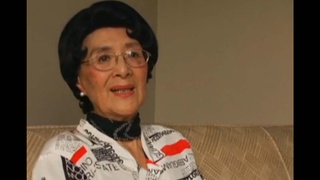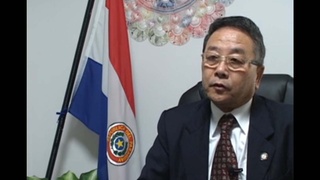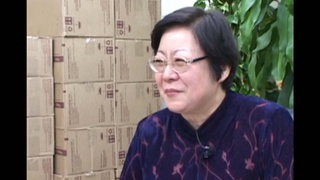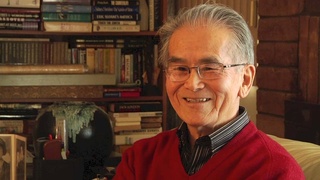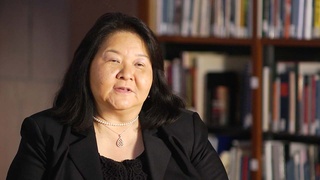Interviews
The privations of living in post-war Japan, 1952
When we first went to Japan, we got married and went to Japan, in two days I had to leave for camp. And from Tokyo, we caught the train [and it] took us 26 hours on the train to a place called Miyasaki, where the Giants train.
And Jane was in Tokyo all by herself. For 40 days, she was in Tokyo by herself. In those days...if today, [it’s] okay because you get the good hotels and all that. When we first went there, we went there in ’52, they didn't have that kind of hotels. They didn’t have that kind of food. A lot of times, even like vegetables—you know, greens, salad—we couldn’t eat those things because all the salad in those days, the greens, they make it out of human(?). So naturally, you don’t want to eat those things. So, you try to do the best you can.
Even the first year, she was pregnant during the summer. We don’t have any heat because we don’t have that kind of money to buy the air conditioner. So, I would go out and buy a big block of ice and get a pan, put it right by the bed, and get this fan hitting the ice so it gets cool in our room. But, in half an hour the thing’s all melt, nothing there, see. So, even during the winter, it’s so cold, and we didn't have any heat.
Date: December 16, 2003
Location: Hawai'i, US
Interviewer: Art Hansen, John Esaki
Contributed by: Watase Media Arts Center, Japanese American National Museum.






